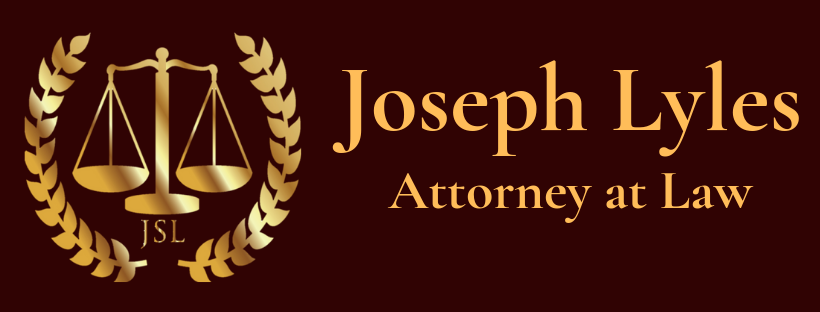Criminal Charges
Legal Nuggets- Criminal Charges and Arrests
Criminal charges are the accusations made by the government against someone for violations of criminal laws. These alleged criminal acts can include mundane matters such as driving offenses, bad checks, failure to return rental property or more notorious ones such as robbery, battery or murder. While the driving offenses don’t often result in arrests, the others do. So called “white collar crimes” include such wrongful acts as antitrust violations, fraud, and violations of securities laws. Many crimes can be handled at the regulatory level or in the civil-side of our legal system if the government prefers. That is often the approach to cases in which there is no evidence of criminal intent.
To ease the backlog of cases in our criminal courts, many jurisdictions have developed pretrial diversion programs that are designed to substitute education and rehabilitation for punishment for first time offenders in cases of primarily non-violent crimes.
Every criminal case begins with a charging document – a ticket, a summons, an indictment or a criminal information. For more serious offenses, typically called felonies, a neutral judicial officer (often a Magistrate) must examine the charges and rule that there is sufficient evidence for the prosecution to go forward.
Most of the rights and procedural safeguards of people accused of crimes are granted in the state and federal constitutions. Some of the rights include:
- Right to counsel
- Right to remain silent
- Right to a jury trial
- Right to confront the accuser
- Right to a speedy trial
- Right to a public trial
- Right to reasonable bail
- The presumption of innocence
- Freedom from double jeopardy
- Freedom from ipso facto punishment
- Freedom from cruel and unusual punishment
If you are approached by a law enforcement officer who wishes to question you about a possible crime, you should exercise your right to remain silent and your right to legal counsel. If you are the victim of a crime, you should report it to the authorities as soon as possible to avoid destroying any evidence.
Just as in the civil law, most cases in the criminal side of the legal system are resolved without a trial; some are dismissed and others are settled with plea agreements. Most defendants who enter a plea agreement do so because they wish to avoid a stiffer penalty, which is likely if they are convicted at trial.
